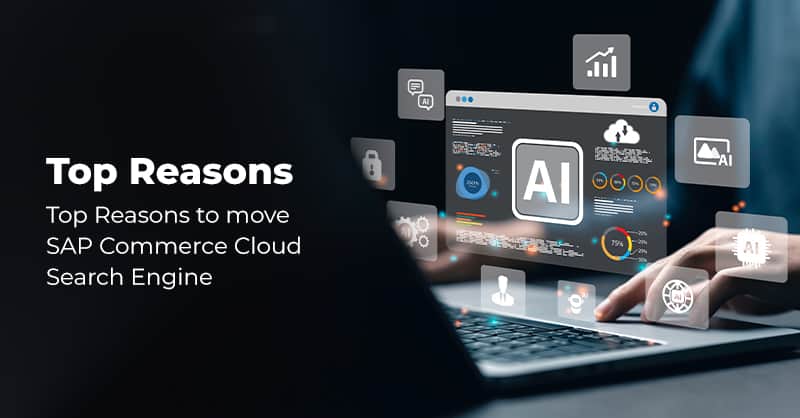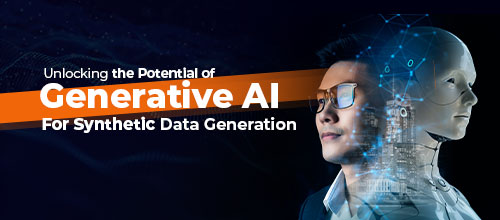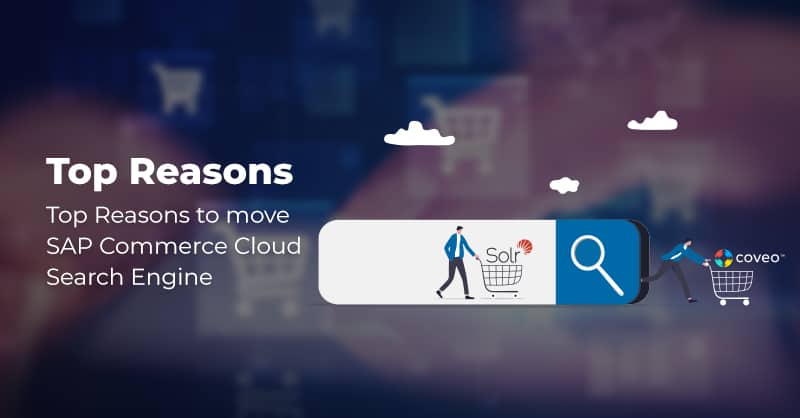How IBM Data Democratization Is Reshaping the AI Landscape

Written by Ali Akthar
Practice Lead at Royal Cyber Inc.
September 5, 2023
The Role of Data in Fuelling Artificial Intelligence
In today’s fast-paced and data-driven world, the ability to harness the full potential of artificial intelligence (AI) is a strategic imperative for organizations. AI has the potential to revolutionize industries, drive innovation, and improve decision-making. However, its success heavily relies on one crucial factor: data. To fuel AI’s transformative capabilities, organizations must democratize their data—making it accessible and understandable to individuals across the organization, regardless of their technical background.
Need help developing AI applications or integrating and finetuning language models? Get in touch with our experts for Generative AI services.
This blog delves into the fascinating concept of data democratization and its profound impact on the AI landscape. We’ll explore how IBM, a global leader in technology and innovation, is at the forefront of this data revolution, reshaping how we approach AI development and deployment.
What is Data Democratization?
Data democratization is often conflated with data transparency, which refers to processes that help ensure data accuracy and easy access to data regardless of location or the application that created it. Data democratization simplifies all data-related processes, from storage architecture to data management and security. It also requires an organization-wide data governance approach, from adopting new types of employee training to creating new policies for data storage.
Employees and consumers need to have data in an easy-to-use format to maximize its value for actual data democratization. It also requires data literacy throughout the organization. Employees and leaders need to trust the data is accurate and know how to access it and how it could be applied to business problems. In turn, they must also have the data literacy skills to verify the data’s accuracy, ensure its security, and provide or follow guidance on when and how it should be used.
Data Democratization: A Move Away from Traditional Data Architecture
Data democratization requires a move away from traditional “data at rest” architecture, which is meant for storing static data. Traditionally, data was seen as information to be put on reserve, only called upon during customer interactions or executing a program. Today, businesses use data much more fluidly; data-literate employees use data across hundreds of apps, analyze data for better decision-making, and access data from numerous locations. Data democratization uses a fit-for-purpose data architecture designed for how today’s businesses operate in real time. It’s distributed both in the cloud and on-premises, allowing extensive use and movement across clouds, apps, and networks and storing data at rest. An architecture designed for data democratization aims to be flexible, integrated, agile, and secure to enable the use of data and artificial intelligence (AI) at scale. Here are some examples of architectures well suited for data democratization.
Impact of Data Democratization on AI
- Improved Data Quality and Diversity: Data democratization encourages a broader range of individuals to contribute data, leading to more diverse and representative datasets. This diversity can help mitigate biases in AI models by reducing the risk of over-representing certain groups and perspectives.
- Enhanced Model Training: Access to more data from various sources allows AI developers to create more robust and accurate models. With a broader data pool, models can learn to generalize better and perform well in diverse situations.
- Faster Innovation: More people have access to data, which fosters a culture of innovation. Developers, researchers, and domain experts can collaborate and experiment with data to create new AI applications, features, and insights. Another approach to data democratization uses a data mesh, a decentralized architecture that organizes data by a specific business domain. It uses knowledge graphs and Artificial Intelligence / Machine Learning technology to discover patterns in various types of metadata. Then, it applies these insights to automate and orchestrate the data lifecycle. Instead of handling extract, transform, and load (ETL) operations within a data lake, a data mesh defines the data as a product in multiple repositories, each given its domain for managing its data pipeline.
Like microservices architecture, where lightweight services are coupled, a data mesh uses functional domains to set parameters around the data. This lets users across the organization treat the data like a product with widespread access. For example, marketing, sales, and customer service teams would have their domains, providing more ownership to the producers of a given dataset while allowing for sharing across different teams.
Data fabric and data mesh architectures are not mutually exclusive; they can even be used to complement each other. For example, a data fabric can make the data mesh stronger because it can automate critical processes,
- Customization and Personalization: Data democratization enables teams to create AI solutions tailored to their needs. Business units can build AI tools aligned with their unique goals and challenges.
- Wider Adoption of AI: As data becomes more accessible, individuals with less technical expertise can contribute to AI initiatives. This widens the pool of people who can engage with AI, which drives its adoption across various sectors.
- Increased Accountability and Transparency: When more people access data, decision-making processes become more transparent. This transparency can help mitigate ethical concerns related to AI decision-making by allowing for scrutiny and accountability.
- Challenges in Privacy and Security: Data democratization has many benefits but raises concerns about privacy and security. Access to sensitive data must be managed carefully to prevent unauthorized use and breaches.
- Training AI for Niche Domains: In fields with limited data availability, data democratization can help accumulate more data by involving experts who understand the domain deeply. This is particularly important for developing AI solutions in specialized industries.
- Empowerment of Non-Technical Roles: Data democratization empowers individuals who might not have a technical background to participate in AI-related tasks. This could include domain experts, managers, and decision-makers who can now leverage data-driven insights.
Data democratization aims to break down these barriers and empower individuals with varying technical expertise to access, understand, and utilize data for decision-making and problem-solving. This can involve providing tools, platforms, and processes that make it easier for non-experts to interact with data and gain insights without relying on intermediaries.
Critical Aspects of Data Democratization
-
- Access: Ensuring data is accessible to various individuals, regardless of their technical skills. This might involve user-friendly interfaces, visualization tools, and self-service analytics platforms.
- Understanding: Making data more understandable to non-technical users. This can involve creating clear and intuitive visualizations, dashboards, and reports that convey insights in a way that is easy to understand.
- Collaboration: Encouraging collaboration and knowledge sharing by allowing individuals from different departments or roles to contribute, analyze, and share data-driven insights.
- Empowerment: Empowering individuals to make data-informed decisions and take ownership of their work by giving them the tools to access and interpret data independently.
- Inclusivity: Ensuring data is accessible to diverse individuals, including those who might not have had access to data before due to technical or organizational barriers.
- Transparency: Promoting transparency in decision-making processes by allowing individuals to access and verify the data that informs those decisions.
Modern technologies such as self-service analytics platforms, data visualization tools, and cloud-based data storage solutions often facilitate data democratization. This concept aligns with the broader goals of transparency, collaboration, and inclusivity and can positively impact innovation and organizational agility.
Summary
IBM’s commitment to data democratization through tools like IBM ACE and IIB has transformed the landscape of artificial intelligence. Empowering users to access, analyze, and utilize data effectively fosters innovation, enhances decision-making, and accelerates AI development. This democratization marks a significant stride towards a data-driven future. However, while data democratization offers many benefits, it also comes with challenges, mainly related to data privacy, security, and ensuring that the data accessed is accurate and reliable. Organizations must balance providing access to data and maintaining appropriate safeguards and controls.
With support for IIB already running out, the time has come for businesses to migrate to IBM App Connect Enterprise (ACE). Discover how to automate the migration process with Royal Cyber’s I2AC solution.
In conclusion, data democratization is not just a trend but a strategic imperative for organizations looking to harness the full potential of artificial intelligence. Royal Cyber and other forward-thinking companies can drive innovation, improve decision-making, and stay competitive in an increasingly data-driven world by breaking down data barriers, fostering collaboration, and empowering individuals at all levels. Embracing data democratization is not an option; it’s necessary for AI excellence. For more information, you can email us at info@royalcyber.com or visit www.royalcyber.com.



